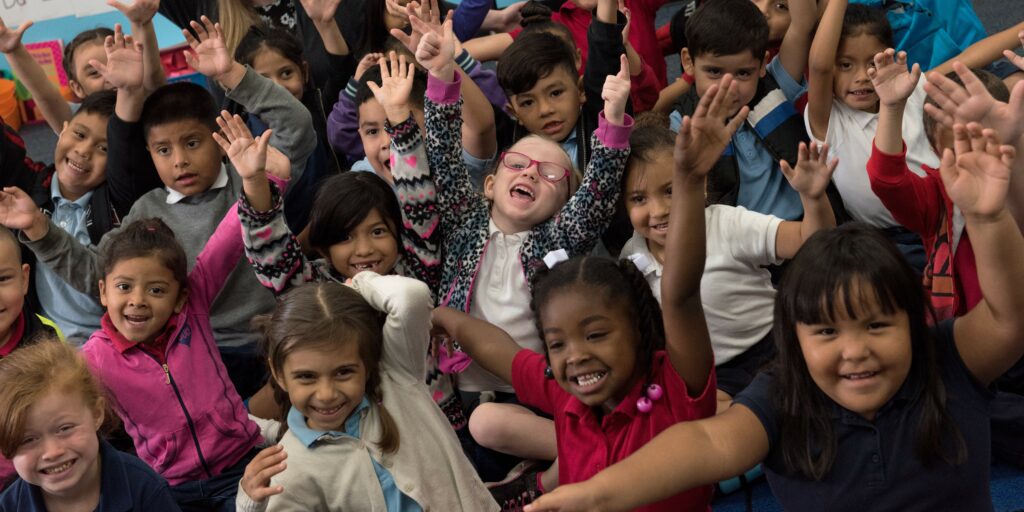Did you know that children’s brains develop faster in their first eight years than at any other point in their lives? Those years are such critical learning years – it’s when many kids are set on a path to a life of curiosity, continued learning, and success.
For others, issues in our system block that path. For kids who don’t learn to read in those early years (specifically by third grade) their chances of dropping out of high school increase by four times.
The Early Literacy Success Initiative
Stand for Children is working on clearing those roadblocks with the Early Literacy Success Initiative, which was passed by the legislature in the 2023 legislative session. This marks an historic commitment in research-backed policies.
School districts will soon have targeted, statewide resources to invest in research-backed strategies that are proven to help children learn to read, such as:
- Literacy coaching to support educators.
- High dosage tutoring and summer programming for developing readers who need extra support.
- Adoption of curriculum and materials that are aligned with the science of reading, along with professional learning to ensure it is delivered in a culturally responsive way.
The impact we’re making
Together, we sent lawmakers nearly 40,000 emails about the importance of this issue. Over 100 education supporters submitted testimony. Dozens of advocates came to in-person events to learn more and share your experiences.
We’re proud to say parents, educators, elected leaders, advocates and community driving organizations secured the successful funding of this historic investment by the state in early literacy.
The Early Literacy Success Initiative has the potential to change outcomes for students across the state. And the need is great; before the pandemic, only 46% of all students were reading proficiently by the end of third grade. By supporting districts to invest in research-backed strategies, we expect to see measurable improvements in the coming years.
To receive funds, districts must apply for this non-competitive grant. Every district in Oregon has applied and funds will arrive in schools in the upcoming school year.
Now begins the important work of supporting educators in the classroom to ensure the policies in the bill are implemented in a way that makes a difference for students.
Be sure to sign up for email updates so we can keep you up to date on ways to stay involved in that process!
Sign up for important updates:





